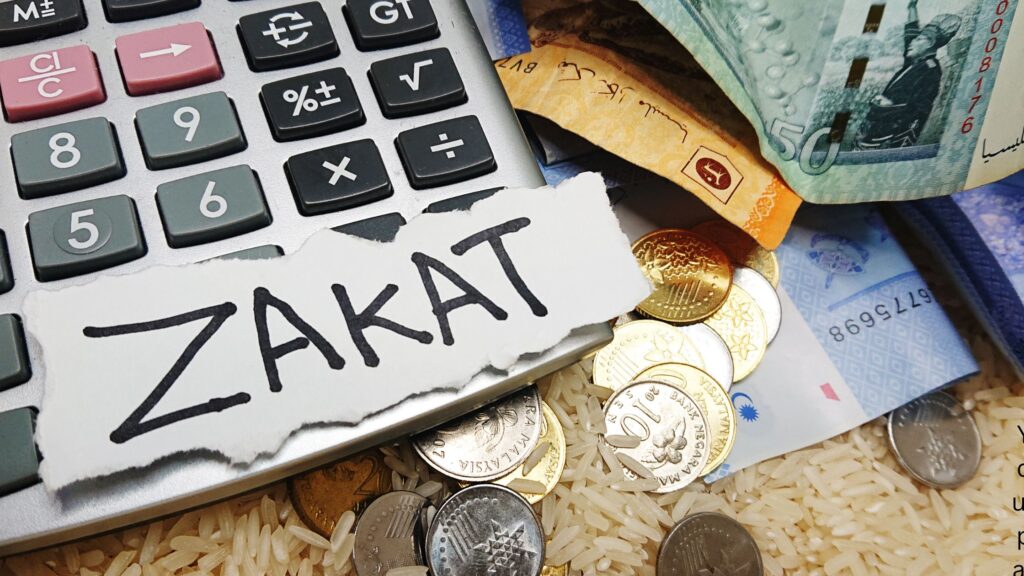
Investing in dividend stocks in Nigeria can be one of the smartest financial moves you make this year. Unlike growth stocks that only give you profits when you sell, dividend-paying stocks put cash directly into your account regularly. This can either be quarterly, semi-annually, or annually.
For Nigerian investors looking to build passive income, consumer goods stocks in Nigeria offer some of the most reliable dividend payments. They are companies that make products people buy every day; such as food, drinks, toiletries, and household items. It implies their revenue stays steady even during tough economic times.
This guide will provide the best dividend paying stocks in Nigeria from the consumer goods sector, why they’re worth your attention, and how you can start earning from them today.
Why Consumer Goods Stocks Pay Reliable Dividends
Consumer goods companies sell essential products hence, why they are dividend champions. Whether the economy is good or struggling, people still need to eat, drink, and maintain basic hygiene. This consistent demand translates to steady revenue for these businesses.
Companies in the FMCG stocks dividends category (Fast-Moving Consumer Goods) typically have:
- Stable cash flow: Products sell continuously throughout the year
- Strong market positions: Many have been operating for decades
- Pricing power: Established brands can adjust prices during inflation
- Low capital requirements: Unlike manufacturers needing heavy machinery, many consumer goods companies have lower ongoing costs
All these factors mean more money available to share with shareholders through dividends.
Top 5 Dividend Stocks in Nigeria’s Consumer Goods Sector

1. Nestle Nigeria Plc
Nestle Nigeria remains the king of Nigerian stocks high dividends in the consumer goods space. The company produces household favorites like Milo, Golden Morn, Maggi, and Nescafé.
Nestle has consistently paid dividends ranging between 4-6% annually over the past five years. In 2024, the company declared a dividend of ₦38.00 per share, giving shareholders solid returns.
Nestle Nigeria benefits from being part of the global Nestle Group, which provides technical support and product innovation. The company’s diverse product portfolio means revenue comes from multiple sources, reducing risk.
Recent Performance: Despite Nigeria’s challenging economic environment, Nestle reported revenue of ₦537 billion in 2024, showing the resilience of essential consumer products.
2. Dangote Sugar Refinery Plc
Sugar is a staple in Nigerian households, and Dangote Sugar dominates this market with approximately 70% market share.
The company typically offers dividend yields between 3-5%. In recent years, Dangote Sugar has maintained consistent dividend payments, making it reliable for income-focused investors.
Dangote Sugar’s massive production capacity (1.44 million metric tonnes annually) and extensive distribution network across Nigeria give it a competitive advantage. The company is also expanding into sugar production from sugarcane cultivation, which could improve profit margins.
With limited competition in the refined sugar market, Dangote Sugar enjoys pricing power and stable demand.
3. Nigerian Breweries Plc
As Nigeria’s largest brewing company, Nigerian Breweries produces popular beer brands like Star, Gulder, Heineken, and Malta Guinness.
Historically, Nigerian Breweries offered dividend yields between 3-7%, though recent economic challenges have affected payouts. However, the company remains committed to invest in dividend stocks Nigeria investors appreciate.
The alcoholic beverage market in Nigeria continues growing, driven by a young population and urbanization. Nigerian Breweries’ extensive distribution network reaches even remote areas, ensuring consistent sales.
While the company faced headwinds from naira devaluation and high energy costs, management has implemented cost-saving measures. Patient investors could benefit as the economy stabilizes.
4. Unilever Nigeria Plc
Unilever produces everyday items Nigerians use: Lipton, Knorr, Close-Up, Lux, Sunlight, and Omo. These brands have been household names for generations.
Unilever Nigeria typically offers dividend yields around 3-5%, with payments made annually. The company has a long history of rewarding shareholders, even during difficult economic periods.
Unilever’s products include food, beverages, home care, and personal care. This diversification provides revenue stability. Additionally, being part of the global Unilever group gives the Nigerian subsidiary access to world-class research and marketing expertise.
Strong brand loyalty means customers often choose Unilever products even when cheaper alternatives exist, protecting profit margins.
5. Cadbury Nigeria Plc
Cadbury Nigeria manufactures beloved beverages and confectionery products including Bournvita, Tom Tom, and various chocolate products.
While Cadbury’s dividend yields have varied (typically 2-4%), the company represents a solid long-term investment in the consumer goods stocks Nigeria sector.
Cadbury benefits from strong brand recognition built over decades. The company has been adapting to changing consumer preferences by introducing new product variants and sizes to suit different income levels.
As Nigerian incomes gradually rise and the middle class expands, demand for Cadbury’s products, especially chocolates and premium beverages, is expected to increase.
How to Start Investing in Dividend Stocks in Nigeria
Ready to invest in dividend stocks Nigeria and start earning passive income? The steps to start investing are listed below:

1. Open a CSCS Account
You need a Central Securities Clearing System (CSCS) account to own shares in Nigeria. Visit any stockbroking firm to open one. You’ll need identification documents and proof of address.
2. Choose Your Stockbroker
Select a licensed stockbroker to execute trades on your behalf. Consider factors like commission rates, platform usability, and customer service quality.
3. Fund Your Trading Account
Transfer money from your bank account to your trading account. Most brokers accept bank transfers.
4. Place Your Order
Tell your broker which stock you want to buy and how many shares. For dividend investing, focus on buying before the qualification date (the date when shareholders become eligible for upcoming dividends).
5. Hold and Collect Dividends
Once you own shares, you’ll automatically receive dividend payments into your registered bank account when the company declares them.
Key Factors to Consider Before Investing
The Company’s Dividend History
Look at companies that have consistently paid dividends over many years. This demonstrates financial stability and management’s commitment to shareholders.
Payout Ratio
This shows what percentage of profits the company pays as dividends. A payout ratio between 30-60% is generally healthy. It means the company returns value to shareholders while retaining enough money for growth and emergencies.
Company Financial Health
Check the company’s debt levels, profit margins, and revenue trends. Strong financials mean sustainable dividend payments.
Industry Position
Companies with dominant market positions and strong brands can better maintain dividend payments during economic difficulties.
Economic Factors
Consider broader economic conditions. High inflation, currency devaluation, and interest rates affect consumer goods companies differently. Companies with local raw material sourcing may handle economic challenges better than those dependent on imports.
Tax Implications
In Nigeria, dividend income is subject to withholding tax of 10%. This tax is automatically deducted before you receive your dividend payment, so you don’t need to do anything extra. However, it is important to factor this into your expected returns.
For example, if a company declares ₦5 per share dividend, you’ll receive ₦4.50 per share after the 10% withholding tax.
Build Your Dividend Portfolio Strategy
Don’t put all your money into one stock. Spread your investment across several Nigerian stocks high dividends to reduce risk. If one company reduces its dividend, others may continue paying.
Here is a practical strategy to build your dividend portfolio in the listed consumer goods sector listed above.
- 25% in Nestle Nigeria (largest position due to stability)
- 20% in Dangote Sugar
- 20% in Unilever Nigeria
- 20% in Nigerian Breweries
- 15% in Cadbury Nigeria
This diversification ensures you are exposed to different product categories within consumer goods.
Conclusion
Investing in dividend stocks in Nigeria, particularly in the consumer goods sector, offers a practical way to build passive income. These companies sell products Nigerians need every day, creating predictable revenue streams that support regular dividend payments.
While no investment is completely risk-free, consumer goods stocks have historically shown resilience during economic turbulence. By choosing established companies with strong brands and consistent dividend histories, you position yourself to benefit from both regular income and potential share price appreciation.
Start small if you are new to investing. As you become more comfortable and your knowledge grows, you can increase your investment and build a substantial dividend portfolio. Subscribe to our newsletter to increase your knowledge and have more information on stock markets and investment opportunities












